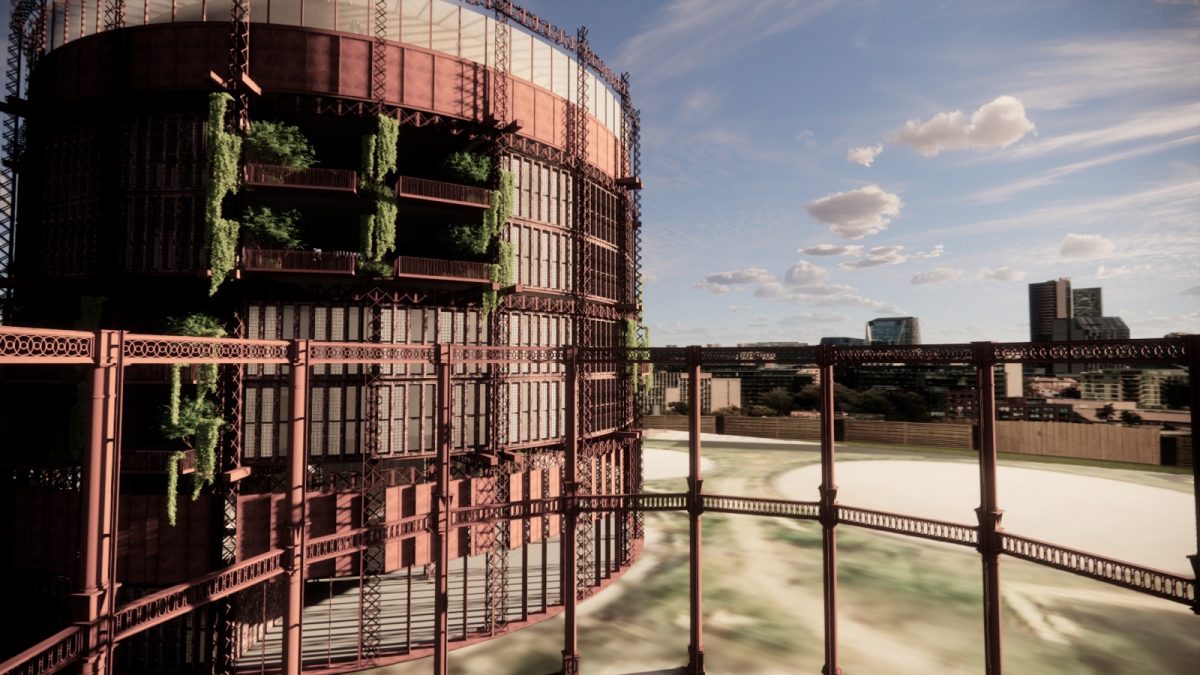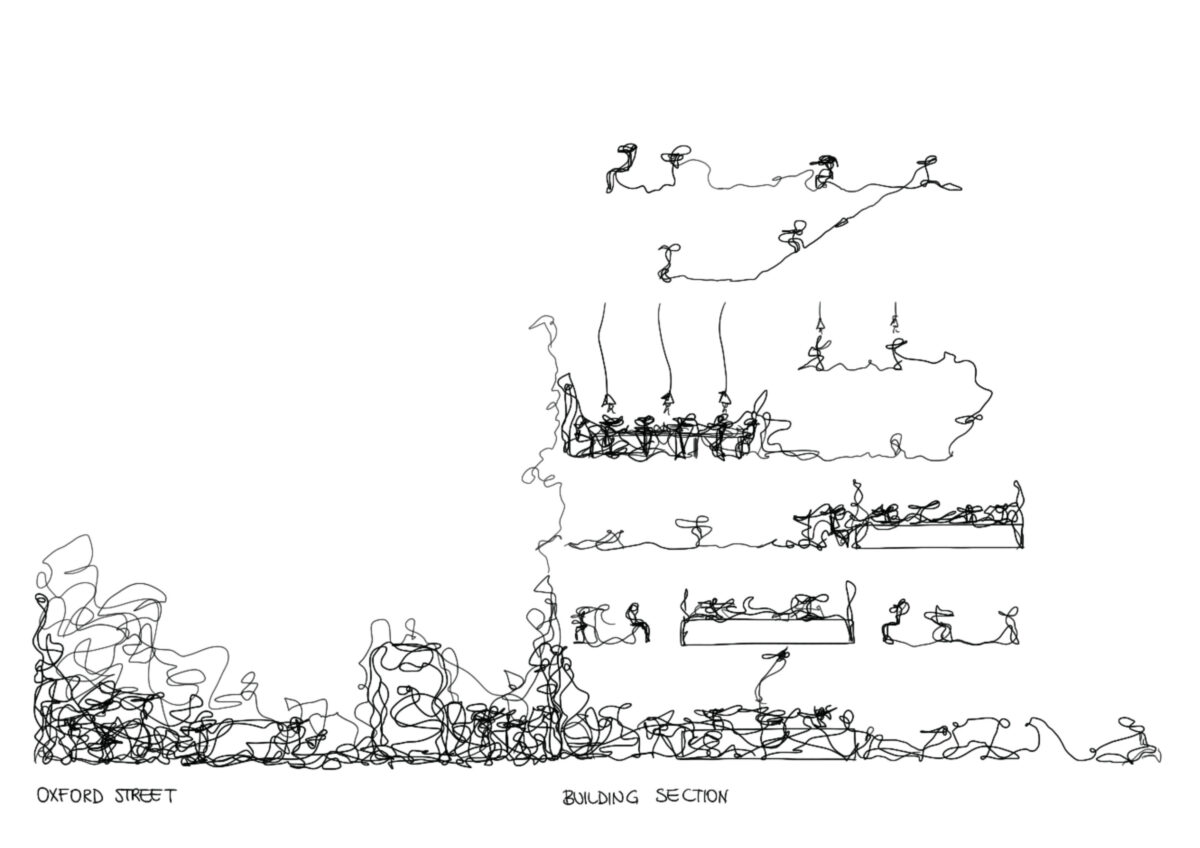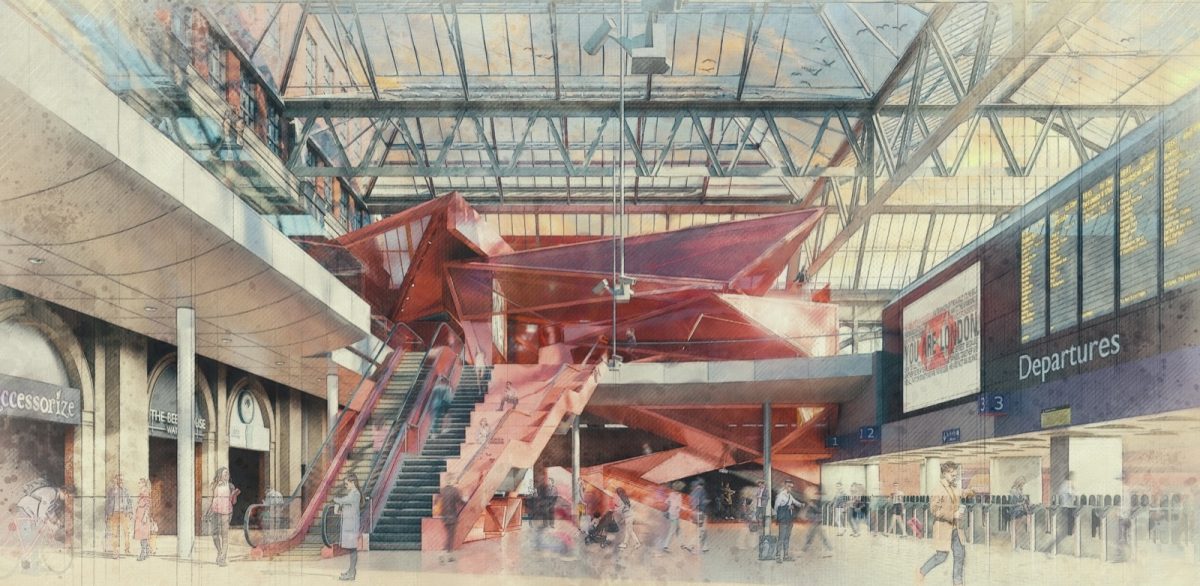MA Interior Architecture Private: Welcome to MORE 2022
David Littlefield (Course Leader), Dusan Decermic, Simon Banfield, Nick Beech, Tomasz Dancel-Fiszer, James Engel, Bruce Irwin, Maja Jovic, Debbie Kuypers, Benson Lau, Anna Mansfield, Paresh Parmer
David Littlefield is Senior Lecturer and has written, co-written and edited more than 10 books on architecture and cities. His research focuses on authenticity, heritage, regeneration and notions of place. He is presently undertaking a PhD into the representation of authenticity.
Dusan Decermic is an architect who engages with both theoretical and design practices in architecture and interior design. He set up his own practice, arclab, in 1999 and has worked with numerous clients, including the Royal National Theatre and fashion designer Issey Miyake.
OUR INTERIOR ARCHITECTURE MA promotes a speculative approach to spatial design that is rooted in theory and the world of ideas. Those ideas, however, are deployed to confront contemporary questions and challenges. This MA course, therefore, is both conceptual and pragmatic; experimental and rigorous. With a special focus on people and place, the course encourages students to develop a deep sympathy for the needs and aspirations of the users of a space, as well as a sensitivity towards (and response to) physical and social contexts.
Located within the School of Architecture + Cities in central London, our Masters course provides students with a platform to develop personally and professionally. It comprises a set of study modules that can be grouped into three categories: theory; technical substantiation; and design. Through our theory modules, students encounter the ideas which underpin the understanding of place and site, including the notion that design and social practices are forms of cultural production. We develop research and critical thinking skills, including the use of precedent study and design method, supporting students to achieve a high degree of technical proficiency in their work, including the representation of ideas; the use of ‘digital craft’ and the design of lighting solutions. Students then progress to develop their own major project through either a design proposition or a written thesis. We strive for a rich, mature synthesis of learning, a process aimed to prepare students (academically, professionally and personally) for the challenges of a complex world.
This year, students were provided with the option to select their own site and theme for investigation for their major Thesis study, while there was also the option of exploring guided themes: cinema (working with the Regent Street Cinema in central London); retail; and the adaptive re- use of the historic Bargehouse building on London’s South Bank. The results were diverse, ambitious and extraordinary; from the proposal for a silent movie theatre in Waterloo station to a community park within the grounds of the former Holloway women’s prison. What we have sought to do this year is inspire a strong connection with, and response to, place; what our students have done is both respond to the demands of site as well as offered new and even surprising interpretations of the physical and social contexts in which they find themselves.
Students:
Guests and Critics:
Ying Man (Regent Street Cinema), Jo Prosser (Royal Academy), Matthew Rosier (Conceptual artist and designer)



